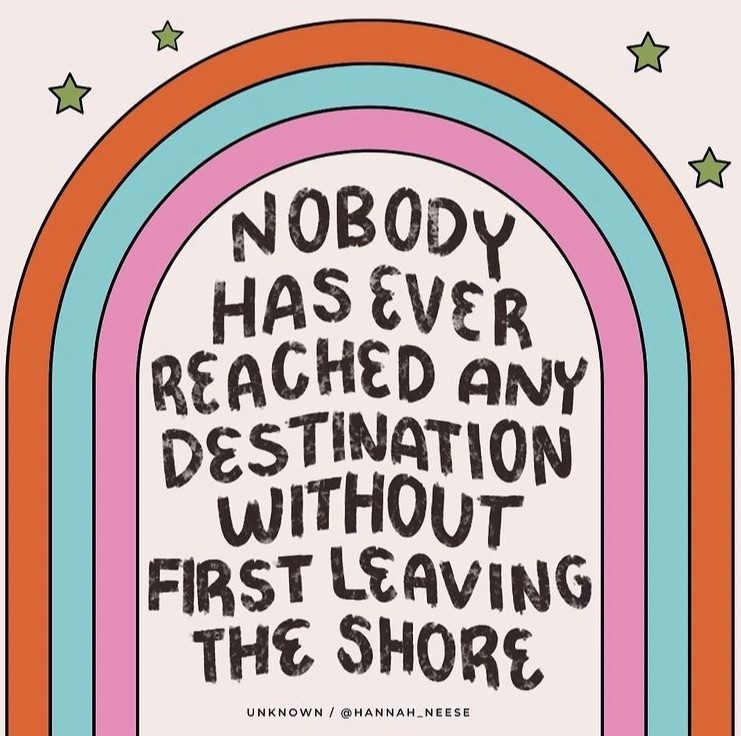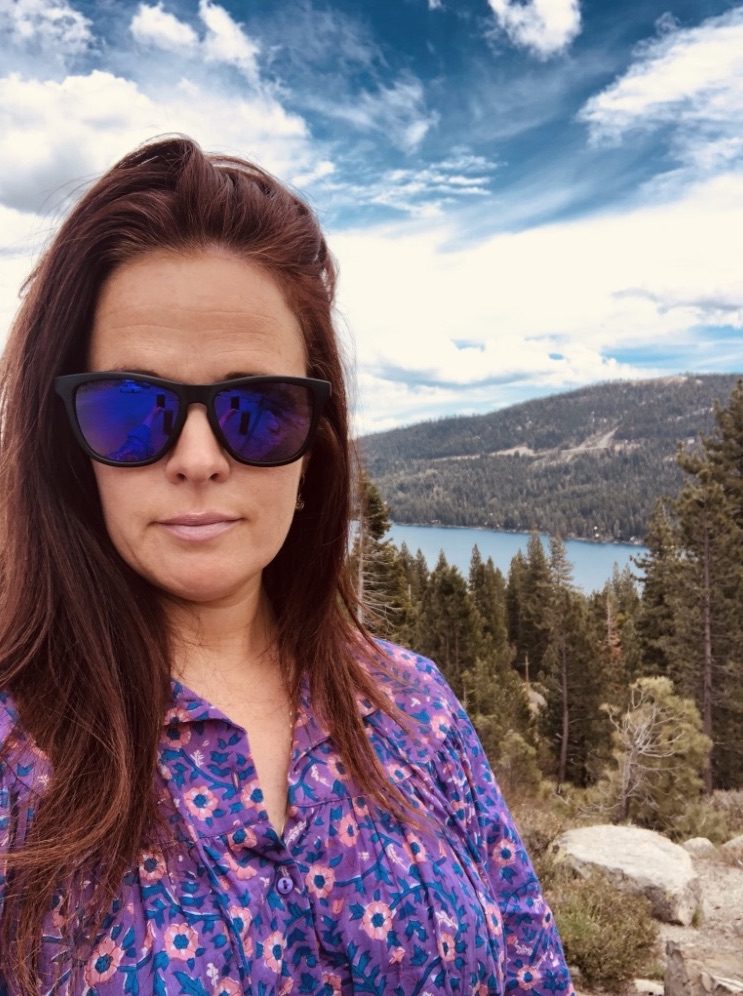What Would You Change?

Picture the scene… You’re lying on your deathbed looking back at your life. All you can hear is the ticking of the clock and the quiet mumblings of voices swimming around you. What chapters of your life would you pause and zoom in on, savouring the happiness that you felt? And what would you regret? Not spending more time with your family, not meeting more people, not laughing enough or not billing more hours at the office? It seems simple when we look at it like that, but it’s easy to get swept up in the helter skelter of City life, losing touch with the values that give us real purpose. These are the sorts of questions that Sharma’s bestselling novel, “The Monk Who Sold His Ferrari”, will have you asking.
Balance Versus Success.
Heavy it may sound, but Sharma’s style is anything but. Described by Brian Tracy, as a “fun, fascinating, fanciful adventure into the realms of personal development,” this is an inspiring story full of insightful messages for city professionals on how to achieve greater balance, control and effectiveness in their daily lives. And as one of the world’s leading experts on leadership and personal development and author of 12 international bestsellers, Robin Sharma knows a thing or two about success…
What Is Wealth?

It is success in its widest sense that is the crux of this powerful tale. This is a story about Julian Mantle, a hotshot lawyer whose out of balance lifestyle culminates in a near fatal heart attack in a packed courtroom. His collapse provokes a spiritual crisis, leading him to seek answers to life’s most important questions.
On a quest for happiness and fulfilment, he sells his prized possessions (including his Ferrari) and embarks upon a pilgrimage to India, where he discovers a group of monks who teach him the secrets of true happiness. Enlightened, he returns to the “very troubled” Western world, devoting himself to spreading this ancient wisdom to professionals who have lost sight of the “huge difference between well-being and being well-off”.
What Can We Learn From Julian Mantle?
Whether you’re a lawyer, an aspiring leader of industry or just hungry for recognition at work, there is some of Julian Mantle in all of us. Whether the dash of ego, the good education, the impressive job title, or the seemingly ‘have-it-all lifestyle’, we can relate to the intensity of his world, a world full of success and glamour but devoid of time; time to think, to feel and to develop spiritually. Our identification with this high-achieving, aspirational Alpha male, makes his fallout all the more disturbing.
But Mantle’s collapse is about far more than the physical dangers of work overload – his near death experience is the root from which Sharma philosophises outwards to explore the damaging internal effects of unbalanced, chaotic lives and how we can empower ourselves to find lasting happiness.
Indeed, the tale of Julian’s transformation from Type A senior partner at a leading law firm, who “at a fifty three years old, looked as if he was in his late seventies,” to a “youthful, vital and smiling model of change,” evidences the truth behind the transformational tips and techniques that he teaches.
What Are Sharma’s Top Tips?
A warmhearted, practical guide about the power of potential, here are some of the most inspiring lessons from “The Monk Who Sold His Ferrari”:
1. “There is no such thing as objective reality or the ‘real world’. There are no absolutes.”
2. “The secret of true happiness is simple. Find out what you truly love to do and then direct all your energy towards doing it. If you study the happiest, healthiest, most satisfied people of our world, you will see that each and every one of them has found their passion in life, and then spent their days pursuing it. Once you are focusing your mental power and energy on a pursuit that you love, abundance flows into our life and all your desires are fulfilled with ease and grace.”
3. “Most people live within the confines of their comfort zone. The best thing you can do for yourself is regularly move beyond it. This is the way to realise your true potential.”
4. “Achievement need not be of the material sort. Personally my objectives are to attain peace of mind, self-mastery and enlightenment. If I fail to accomplish these goals by the end of my life, I am certain that I will die feeling unfulfilled and dissatisfied.” 5. “Dare to dream that you are more than the sum of your current circumstances. Once you find your purpose, life becomes much easier and far more rewarding.”
What The Critics Say…
The reviews speak for themselves. While Paulo Coelho, #1 bestselling author of The Alchemist, calls it, “A captivating story that teaches as it delights…helping people all over the world lead great lives,” and Richard Carlson, PhD and author of the #1 New York Times bestseller, “Don’t Sweat The Small Stuff”, says, “Robin Sharma has the rare gift of writing books that are truly life-changing.”
What’s The Moral Of The Tale?
‘The Monk Who Sold His Ferrari’ is packed full of useful messages and tips for city professionals to find lasting happiness. Whether showing that it’s normal if your goals change over time, or if the passion that you once felt for a job gives way to a sense of emptiness, it will certainly change your perspective.
Unlike the neatly packaged identities that social media cultivates, Sharma teaches us that life is a journey and we are constantly evolving creatures with shifting values and needs. There are no mistakes, only lessons.
As products of Generation Y, it’s easy to pursue competitive roles out of a sense of duty but Sharma shows us the value of reflection and questioning – are we so busy chasing the big pleasures of life that we are missing out on all the little ones? Are we really doing what we love?
So if you’re in a job that’s dominating your life or you’re simply interested in happiness and self-development, read this book. And if you think you don’t have time, all the more reason to. Life is all about choices and investing in yourself is the best investment you will ever make.
Julian Mantle’s heart attack was his defining moment – his wake up call – giving him the chance to live a more inspired life. This book may be the wake up call that you’ve been looking for…









